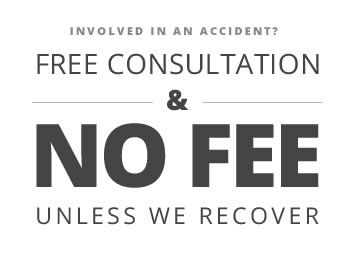Many around the Baltimore area may recall the tragic bus crash in November 2016 that claimed the lives of five individuals and caused injuries to 11 other victims. On May 4, 2017, the Baltimore Sun reported that a lawsuit has been filed on behalf of all victims, seeking more than $10 million in damages. The theory of liability is that the driver of the school bus, which struck a Maryland Transit Administration bus, should have been disqualified from obtaining a license to operate a commercial vehicle. The plaintiffs contend that the man suffered from numerous medical issues, including seizures, diabetes, and hypertension, that impact his ability to operate a bus. In fact, the driver had a history of previous traffic accidents and health-related problems.
However, instead of filing the lawsuit against the man responsible for the deadly bus accident, the plaintiffs sued both his employer and the company responsible for issuing his license. The story raises questions about vicarious liability under state law, which a Maryland auto accident attorney can answer.
What is Vicarious Liability? The dictionary term for “vicarious” is to act or do something for another, and this is the basis for vicarious liability in personal injury cases. The doctrine states that an employer can be held legally responsible for the negligence of the employee, so long as the misconduct occurs within the scope of employment. In personal injury cases, it’s sometimes advantageous to pursue an employer for the acts of the employee because the potential for compensation is greater.
How do I Prove a Case for Vicarious Liability? In order to succeed on a vicarious liability claim, a plaintiff must establish the agency relationship between the employer and employee. The employer is the principal and the employee is the agent in this type of relationship: The agent consents to act on behalf of the principal and subject to his or her control, and the principal accepts the act. The key in a vicarious liability case is showing that the negligent conduct occurs during the scope of employment, typically where:
- The injury to the victim occurred while the employee was working
- The victim was hurt while the employee was engaging in a task under the direction of the employer; and,
- The employer gains an advantage from the task the employee was performing when the injury occurred.
Can I Recover Damages? Under the theory of vicarious liability, the employer essentially steps in the shoes of the employee. Therefore, any damages you may recover directly from the employee due to negligent acts are also recoverable from the employer. However, keep in mind that contributory negligence rules still apply: You may not obtain any financial award if you were at fault in the incident that caused your injuries.
The answers to these questions about vicarious liability in personal injury cases are not a replacement for the advice and counsel of an experienced Maryland auto accident attorney. You need a strong advocate on your side in discussing settlement with an insurance company and in court. It’s a mistake to try and represent yourself if you don’t have an extensive legal background. For more information on vicarious liability and recovering compensation in car accident cases, please contact attorney Michael A. Freedman to discuss your case.
See Related Blog Posts:
Common Causes Behind Truck Accidents
Settlement in a Maryland Car Accident Case: A Look Behind the Scenes


